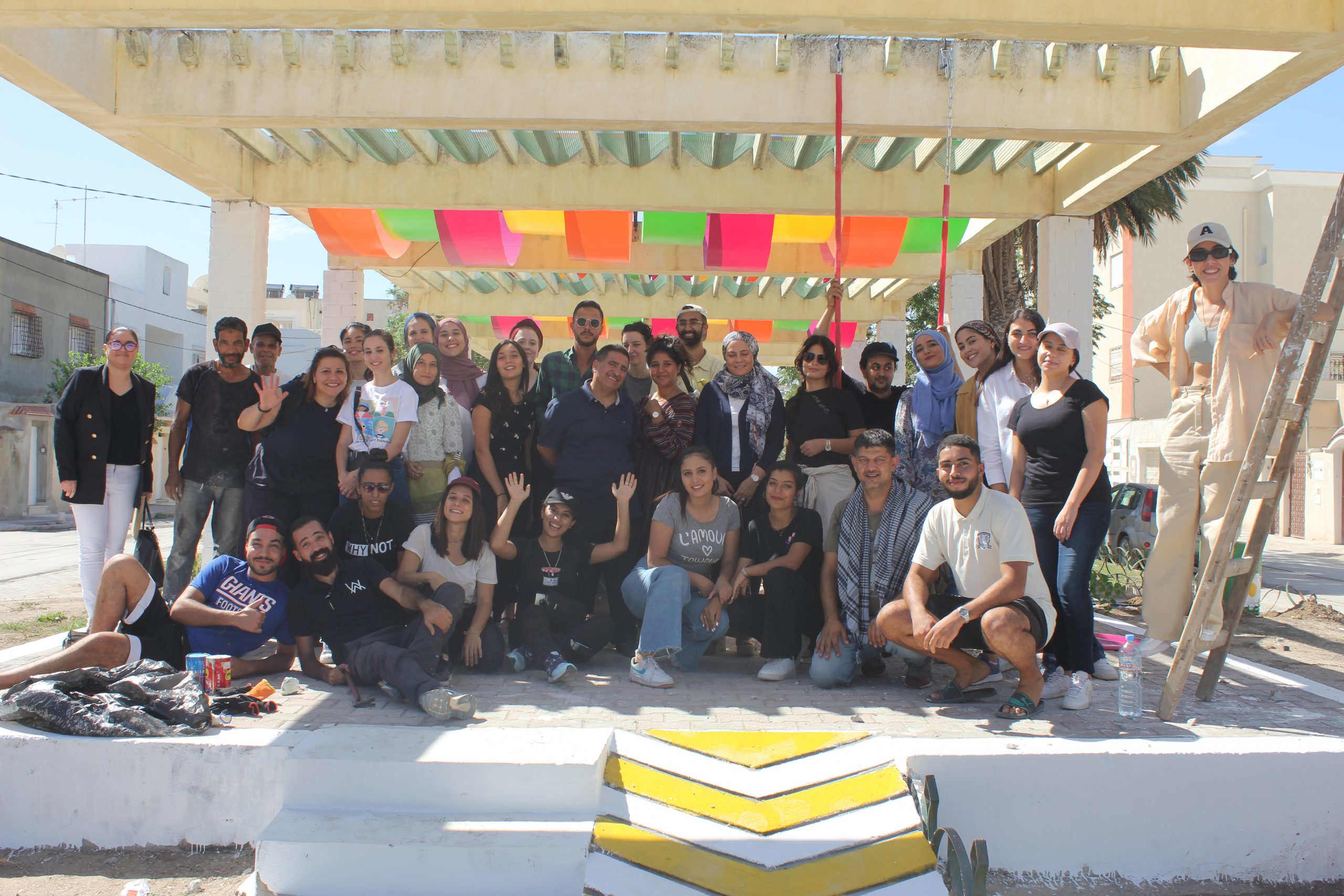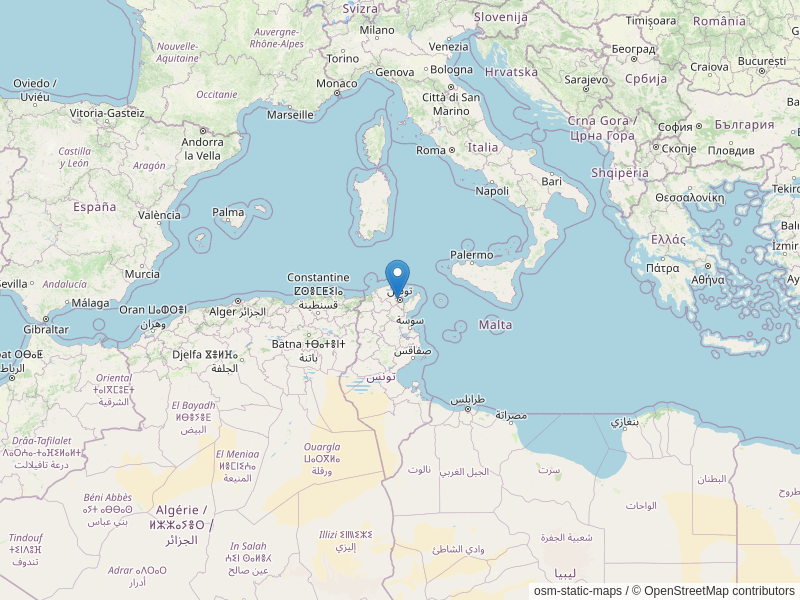Portrait of the month April 2023

© DAAD/ Privat
We interviewed both project partners about their experiences:
- What are the differences between urban planning in Tunisia and in Germany? (Dr. Elmouelhi)
Urban planning in Germany is a highly appreciated tool for dealing with cities. In Tunisia it is recently getting a bigger role and is being considered as essential in the country’s urban development discourse. Urban planning in Tunisia is dealing with challenges that are different from urban planning in Germany. In Tunisia, it should be dealing with the urban lagging areas that are particularly held back by the lack of resources (financial and human), urban sprawl and informality, environmental degradation, in addition to the lack of efficient local urban governance which still lacks active participation of vulnerable groups. These areas have high unemployment rates, and lower citizen participation in political, economic, and social issues, especially among youth and women.
In Germany, some of those issues (e.g., unemployment in certain neighborhoods) also exist, but the system is able to deal with them through certain instruments and mechanisms (i.e., impact-oriented programs and projects) with allocated budgets and technical knowledge that lead to the improvement of the areas on the long term.
- You have analyzed public spaces such as kindergartens in Greater Tunis through the DAAD-funded partnership. Can you tell us more about this? (Dr. Ben Medien)
The DAAD support allowed us, students and teachers of ISTEUB of the University of Carthage, the University of Berlin (TU Berlin, Habitat Unit – International urbanism and design), the German Jordanian University (GJU) and the University of Yarmouk in Jordan with our partners of the MASARAT Jordan Foundation to carry out a participatory project for the redevelopment of a public garden in the Ettaamir city in La Soukra, Tunis. The choice of the garden was also justified by the presence of a primary school in its immediate environment. The workshop was a real experience for our students as it was the first experience of designing and creating a public space with the inhabitants and other stakeholders. A special interest was given to the children enrolled at the school. A participatory workshop with 10-year old children allowed us to identify the needs of this invisible group of population in the city. We experimented with pedagogical methods, such as the child’s speech describing an ideal day in a public garden and the drawing of his or her own vision for the garden. During the realization phase, the children took part in the work by drawing on the walls and participating in the painting. This participatory approach ensured that the garden was accepted and appropriated by the children and the inhabitants of the neighborhood. As soon as the work was finished, the children took over the site, enjoying the furniture and the new games. On our side, our students felt satisfied and experienced first-hand the importance of working together, and of working with students from other universities.
- What role do German universities play in the context of a sustainable built environment? (Dr. Elmouelhi)
German universities play a crucial role in the context of sustainable built environment through the involvement in real problems and challenges that faces the cities. This occurs through partnership with other stakeholders (government, private sector, civil society), and through integrating social, economic, environmental aspects. This role is practiced through academic research and teaching activities. In that sense, the graduates are aware of the possible ways of dealing with the cities, and accordingly, they can contribute to the improvement of their cites.
- A question for both of you: What three elements should your dream city have to have?
Dr. Ben Medien: The city of my dreams is certainly an inclusive city, i.e., a city that grants the right to services to all people equally. Second, the ideal city would be a sustainable city that respects the environment by promoting renewable energies and soft mobility, integrating nature and respecting its heritage.
Dr. Elmouelhi: My dream city should be a place for everyone, regardless of race, color, or religion. Everyone should have an equal access to jobs market, housing, infrastructure, education and health services with good quality, with access to public safe space, green parks, kids’ playgrounds, in addition to safe well connected mobility network with good public transportation and pedestrians’ network – that allows everyone to enjoy a high quality of urban life.
Applications for the Ta’ziz Short Measures can be submitted until 31.05.2023. Further information: Ta’ziz Short Measures












